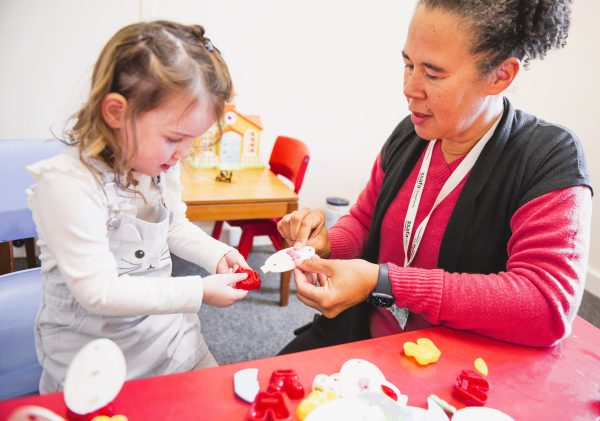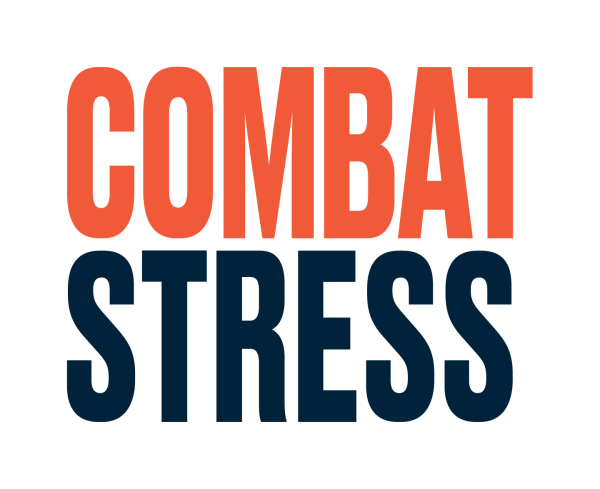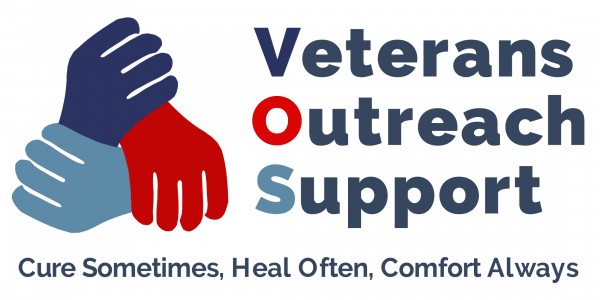Developmental Language Disorder (DLD) is a hidden, but common lifelong disability that affects one in 14 people causing difficulties – and for no known reason – in understanding and using language.
To mark the global DLD Awareness Day held recently – with the theme “DLD Around the World” – the Cyprus-based Community Health Team of SSAFA, the Armed Forces charity shared information with teachers about DLD, how the signs can be spotted, and what SSAFA can do to help.
Crucial to the team’s work with teachers is that DLD affects anyone, regardless of age, gender, language spoken, or ethnicity.
SSAFA speech and language therapists (SLT) ran workshops at schools in Episkopi, Akrotiri, and Queen Berengaria primary schools, and King Richard’s and St John’s secondary schools. They were run for teachers to help them identify and support anyone who may have DLD.
Georgia Christodoulou, a specialist SLT with the Community Health Team, said:
“Developmental Language Disorder is a difficulty with understanding and using words and sentences. It’s not often obvious that a person has DLD and it’s therefore a “hidden” condition.
“It’s a lifelong disorder – in fact it’s a neurodevelopmental condition – that starts in childhood and continues into adulthood and can affect anyone.”
Georgia explained that, although it affects around seven percent of the global population – making it more common than autism – very few people have heard of it.
She added:
“This often means that children in particular, don’t get the support they need to achieve their best in school and later on in work. As speech and language therapists, we want to raise awareness of DLD so that children and adults can reach their full potential in every aspect of their lives.”
The workshop proved valuable to school staff with Julie Hemsley, the headteacher of Queen Berengaria School, commenting:
“Through this week’s training, our staff have a full awareness of recognising signs that are indicative of DLD. Also shared was a toolkit of scaffolding strategies to support quality teaching for all within the classroom.
“We’re also lucky to be able to access speech and language support for any children who may require this service.”
For more information about the services and support – including speech and language therapy – SSAFA’s Community Health Team provides to military families overseas, contact ssafa.org.uk/get-help/ssafa-community-health-overseas or the SSAFA Community Health Facebook page for information on your local (closed) Facebook group.

















